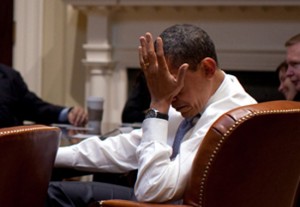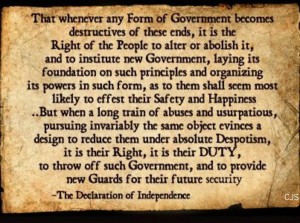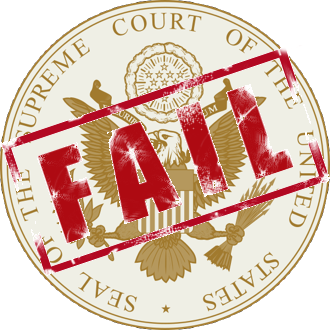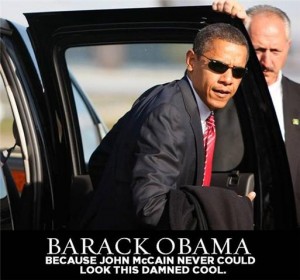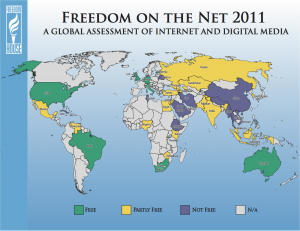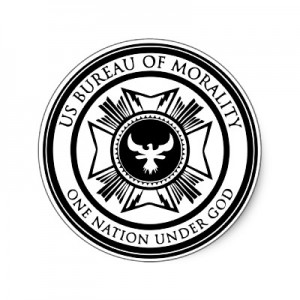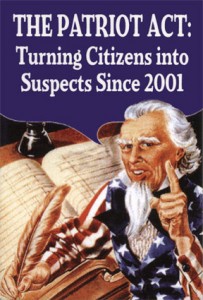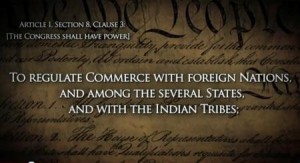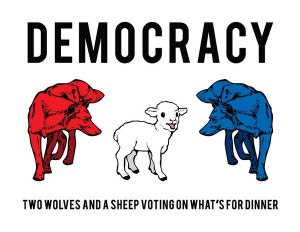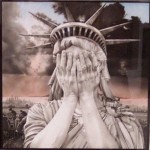Please see my Obligatory Obama Disclaimer prior to reading this article.
During a naturalization ceremony held in the White House on Independence Day, President Obama is quoted, “What a perfect way to celebrate America’s birthday, the world’s oldest democracy, with some of our newest citizens.” As I’ve written about before, the United States is a republic, not a democracy. In fact, the word democracy does not appear a single time in the United States Constitution nor in the Declaration of Independence. It’s a little detail of how our government is supposed to work that you would hope the President of our country would know.
To be fair, President Bush also used the phrase “world’s oldest democracy” so it’s not just an Obama thing. In fact, most politicians never mention the republic and only speak of democracy, so we shouldn’t be surprised. But we need to start holding our elected officials accountable to at least understand the very basics of how the government is supposed to work. Because if that can’t get that little detail right, why should we expect them to get anything else right?
On a side note, during this same ceremony, Obama also was quoted, “… the values that we celebrate every Fourth of July: duty, responsibility and patriotism.” Um, what about freedom? You know that little tiny thing that is, oh I don’t know, the most important thing we have? The entire reason for celebrating the 4th of July? Well, if he doesn’t know that the country is a republic, maybe he’s just being honest about the values that he holds most important.
